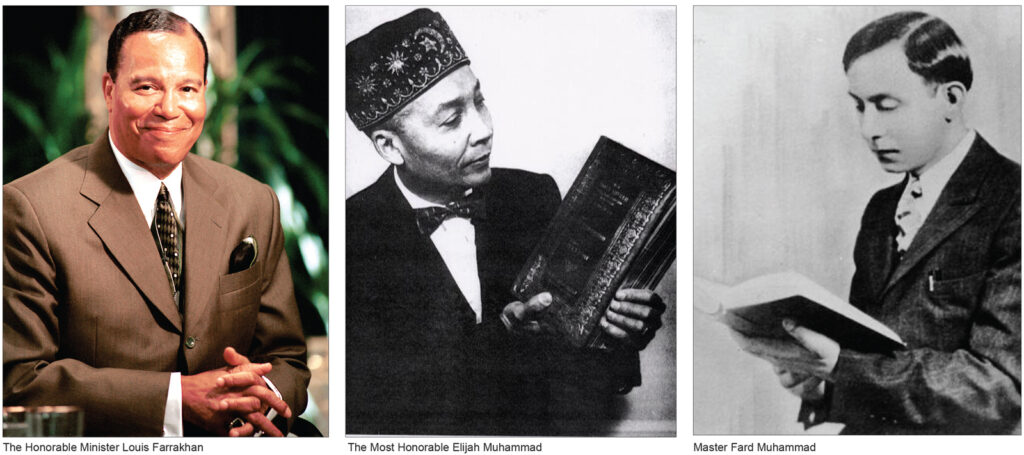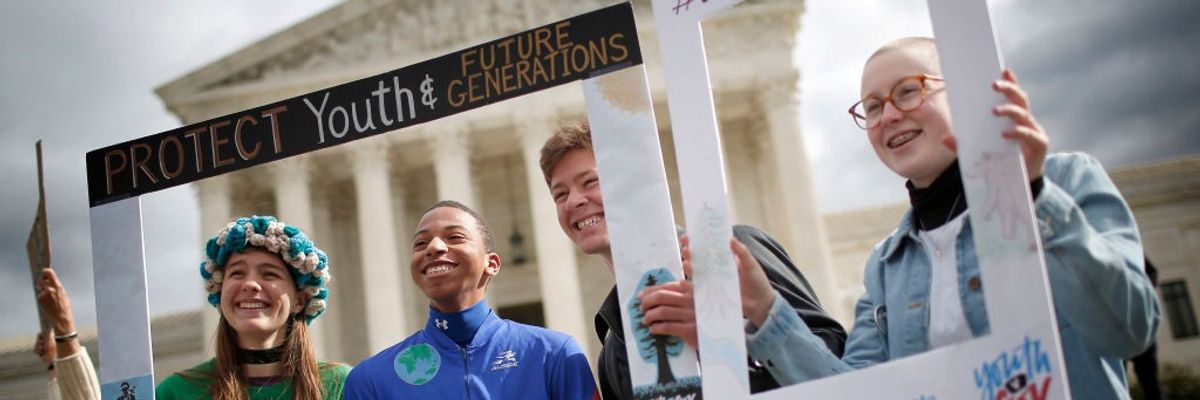 |
HAVANA, CUBA—Aging looks good in this city—from classic cars to 80-year-old men playing the drums. Seniors can be seen doing everything from musical performances, to running a business, and making the most out of retirement.
In spite of the American embargo that has produced economic hardships, humanitarian concerns, and technological limitations, the current life expectancy in Cuba is nearly 80 years compared to 77.5 years in America.

According to the National Office of Statistics and Information in their publication “The Aging of the Population: Cuba and its Territories 2023,” nearly 25 percent of Cubans were aged 60 or older by the end of 2023.
“Everybody has to walk and climb stairs here,” D.C. activist and frequent traveler to Cuba Luci Murphy told The Final Call. “There are not a lot of elevators or escalators. The best way to get around is by walking. That keeps people fit into their 70s, 80s and 90s.
You still see people working in their 70s, 80s and 90s, and they don’t look 70, 80 or 90. The blockade has kept modern technology out and they haven’t been able to develop their own industry because they’re not able to import some necessary raw materials.”
Cuban culture is big on family and the embargo has forced many young people to leave the island for better opportunities. That leaves many seniors by themselves without traditional cultural familial support.
Helen Cairo Madrazo, a former educator, is now a senior citizen living on a modest monthly allowance. She experienced the revolution as a young girl and has spent her adulthood under the U.S. trade restrictions. Her residence, inherited from her uncle, is a compact space comparable to a college dorm room, featuring just one window.
“It’s difficult being old in Cuba,” she told The Final Call. “Things can be very hard here. People love their families but sanctions are forcing people to leave. Mainly to the USA, but also to Venezuela, Ecuador, Spain, and Mexico. Some even travel to Russia—anywhere they can find opportunities.”
While young people are leaving, classic cars are there to stay. Glance down any main street in downtown Havana and see a range of classics from a 1957 Chevy Bel Air Convertible to a 1955 Ford Fairlane to Buick Roadmaster or a Cadillac DeVille. It’s a car collector’s paradise.
Before the embargo, Cuba was one of the largest importers of American vehicles, with brands like Chevrolet, Ford, and Buick dominating the market. The embargo cut off Cuba’s access to new cars and car parts from the United States. When imports ceased, the cars already on the island became indispensable.

Guillermo Duran drives a 1958 baby blue Plymouth Savoy. He rents his car, gives rides and lets tourists take pictures in his car for a small fee. He told The Final Call, “After the revolution, we learned quickly how to repair and maintain the cars that we had. We couldn’t get new cars or parts. We became our own auto repair stations.”
With no access to official replacement parts, Cubans developed remarkable skills in repairing and maintaining their classic cars. They fabricate parts from scratch, repurpose parts from Soviet cars, trucks, and even household items.
They even adapt engines—many classic cars now have diesel engines from Soviet or European vehicles, as they are more fuel-efficient and easier to maintain.
Classic cars have become a symbol of Cuban identity and resilience. These vehicles are cherished as part of the country’s cultural and historical fabric, representing an era before the embargo and the dramatic changes that followed the revolution.









